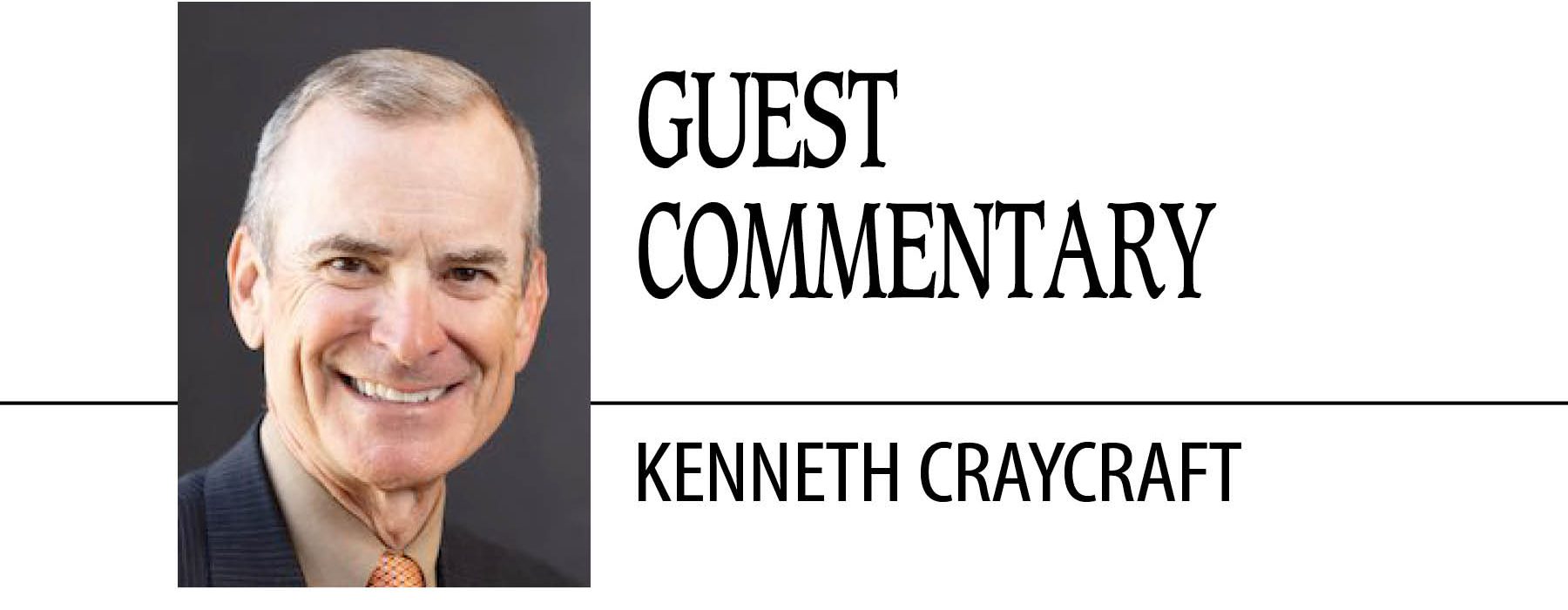April 24, 2024 // Perspective
We Should See the Dignity of Others with Infinite Eyes
The highly anticipated declaration from the Dicastery for the Doctrine of the Faith (DDF), Dignitatis Infinita (“Infinite Dignity”), is a strong, clear statement about various implications of the Catholic doctrine of human dignity. There is much to praise in Dignitatis Infinita and little to criticize in any strongly substantive way.
Of course, a significant number of Catholic cognoscenti stand ready to condemn everything that proceeds from the DDF or the pen of Pope Francis. To be sure, I have been critical of certain statements, letters, and declarations. And, unfortunately, both the pope and DDF have given us good reason to have heartburn over some documents. But the prevailing hermeneutic of suspicion for everything Pope Francis says or endorses evinces a lack of charity that we must resist.
We should read with a presumption that any magisterial teaching is instructive and edifying; and ambiguous teaching should be read in the most positive light and with the most generous heart.
Dignitatis Infinita is the latest example, beginning with the very title, of the hermeneutic of suspicion by which everything from Rome is read by some people. The anti-Francis Twitterati have dismissed the idea of humans having “infinite dignity” as sloppy reasoning at best and theological error at worst. Even if one attains everlasting life, it is not infinite, because it had a beginning. So how can the human person, created at a place in time, be infinite?
I don’t disagree that the phrase “infinite dignity” is a bit startling. We don’t usually think of any list of human attributes as including “infinite” as an adjective. But in the light of Dignitatis Infinata’s excellent discussion of “ontological” dignity, the appellation of “infinite” dignity to the human person is on point.
The heart of the declaration is a discussion of the inalienable ontological dignity of the human person as an attribute of being created in the image and likeness of God. This is dignity that cannot be alienated, lost, or compromised. It is not measured by any external attributes or lack thereof. It “belongs to the person as such simply because he or she exists and is willed, created, and loved by God,” the DDF explains. “Ontological dignity is indelible and remains valid beyond any circumstances.”
Here is where I think we can appreciate why the DDF refers to human dignity as infinite. Every attribute of human being is a participation in the infinite life and mind of God – a sharing in God’s own being. Dignity – the heart of what makes humans human – participates in God’s infinite love and goodness in creating and redeeming man. In other words, human dignity is a participation in the infinite dignity of God.
We can also think about infinite dignity not as a literal description but rather as an interpretive tool to emphasize and protect human dignity in all circumstances. Even if human dignity is not “infinite” by strict philosophical analysis, it is an indication that our respect for human dignity should never faint or fail.
Christians are called to treat the human person as though his or her dignity is infinite. Put another way, we should see the dignity of the human person with infinite eyes. Because of dignity, our concern for the good of the person should be borderless and endless. The dignity of the human person summons us to infinite sympathy, compassion, hospitality, and care. Whether “dignity” is technically infinite or not, we should treat one another as though it is.
Kenneth Craycraft is a professor of moral theology at Mount St. Mary’s Seminary and School of Theology in Cincinnati.
The best news. Delivered to your inbox.
Subscribe to our mailing list today.






